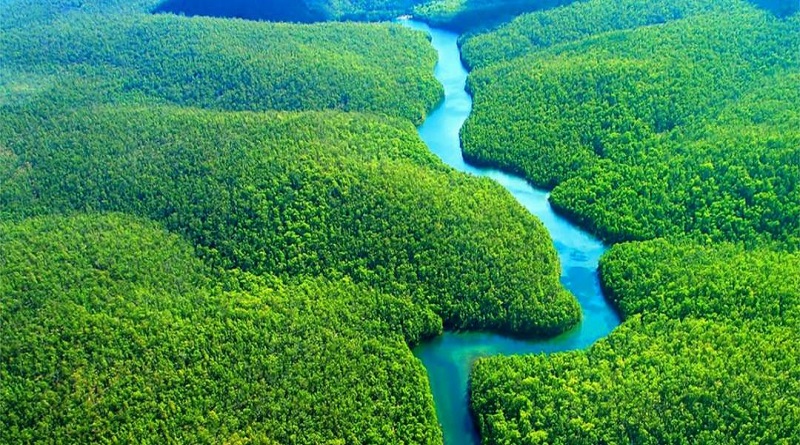GLF community lists seven ways to harness power of landscapes to safeguard biodiversity
As the world wakes up to the strong links between biodiversity loss, global pandemics such as COVID-19, and climate change, the Global Landscapes Forum (GLF) community is issuing a powerful prescription for these crises, with seven recommendations to harness the power of landscapes to safeguard biodiversity.
A new report by the GLF and Youth in Landscapes Initiative (YIL), One World, One Health: recommendations for harnessing the power of landscapes, confronts such realities as the mass extinction that could see up to a million species disappear from the Earth in the coming decades. It outlines seven immediate steps including:
Tear down silos that separate public health and environmental sectors (something the pandemic has proven essential)
Re-focus harmful subsidies worth billions of dollars; stimulate youth employment in conservation and restoration ($500 billion a year spent on fossil fuel subsidies alone)
Return ownership of food systems, value-chain decision making, and financing mechanisms to local communities
Give the narrative back to communities that have the most at stake from climate, health and biodiversity crises
These are just some of the recommendations from the report One World, One Health, which will be released publicly on Tuesday 12 January 2021. These solutions and potent pathways grew out of the GLF Biodiversity Digital Conference 2020 “One World, One Health” (28-29 October 2020), which reached 35 million people on social media.
The GLF community is reminding the world it can afford to invest in conserving biodiversity. In 2012, the CBD estimated that it would require between USD 150 and 440 billion annually to achieve its Aichi Targets; currently, governments spend upwards of USD 500 billion on environmentally harmful subsidies.
Youth networks and organizations were particularly prominent in developing the themes and recommendations of the GLF paper, as well as penning an open letter demanding greater transparency, inclusion, transformative education and action for our common present and future.
“This is truly a state of planetary emergency…we are running out of time. This is the decisive decade for humanity’s future on Earth,” said Johan Rockström, director of Potsdam University’s Institute for Climate Impact Research at last year’s GLF Biodiversity Conference.
The recommendations contribute to the work around the post-2020 global biodiversity framework, which is to be adopted by the United Nations Convention on Biological Diversity (CBD) this year. It will also contribute to the United Nations Decade on Ecosystem Restoration (2021-2030) and play a significant role in promoting solutions regarding sustainable use and conservation of our planet’s biodiversity.



